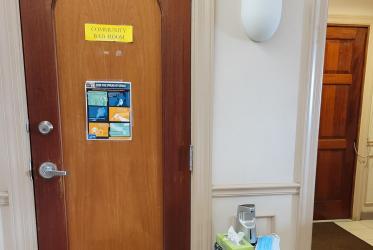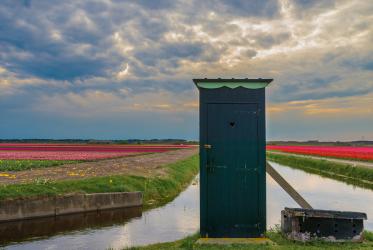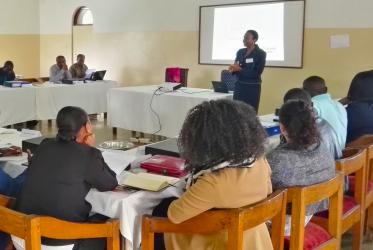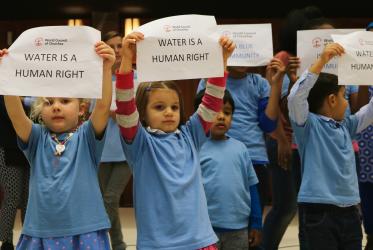Displaying 1 - 20 of 26
Thirsting for peace: Gaza's water woes in the midst of war
31 January 2024
Two-day event in India focuses on water, sanitation, and hygiene
09 January 2023
“Bathroom ministry” for the homeless
14 December 2021
World Social Forum convenes to “express and practice solidarity”
28 January 2021
“When Nature Calls”…WCC joins in commemoration of World Toilet Day
19 November 2018
African youth takes stand at first ever WCC Eco-School
03 August 2017










